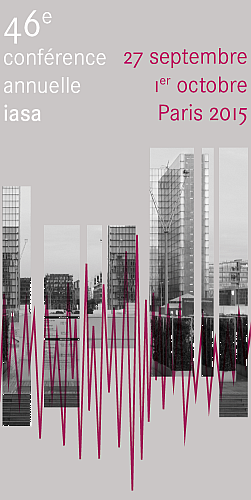This presentation sketches a brief sociology of media digitization and digital collection management efforts in today's world. The media digitization process/disruption is going on at all levels: Major cultural institutions, smaller more specialized libraries, archives and museums, innumerable cultural groups such as small broadcasters and associations, as well as many individuals are currently shifting to digital media collecting and storage.
How are these developments interwoven and how can knowledge of the best practices be effectively passed from one level to the next? How are large institutions communicating their knowledge about media digitization and digital archiving to the general public? And how can the public now give some of its media content as well as knowledge back to those institutions?
Examples for the cross-pollination of ideas and information about media digitization processes and safe storage practices will include consulting and services offered by the Deutsche Nationalbibliothek/Deutsches Musikarchiv and also by the deutsche digitale bibliothek. Such services are of interest to those involved with the upkeep of the many smaller special archives in Germany, an example to point is the Archiv Frau und Musik in Frankfurt/Main.
The presentation will also include a brief summary of the development of standards for Personal Digital Archiving by the Library of Congress. In this case a central institution assists the populace by suggesting basic standards for the establishment of safe digital media collections in the private realm.
So what can the public give back to large LAM institutions – how can knowledge from the general public flow back towards such institutions? In recent years there has a trend towards the creation of tools to support crowd tagging of larger media collections. Such dialogues are sometimes also referred to as “metadata games”. Good examples can be found on the BBC and New York Public Library’s websites. Thus, interested end users can easily contribute to the annotation of digitized media holdings of such institutions. Some larger collectors of digital media also ask the public to contribute digital media to their collections in order to complement their own holdings. A good example of this practice can be found on the website of the Austrian Mediathe

